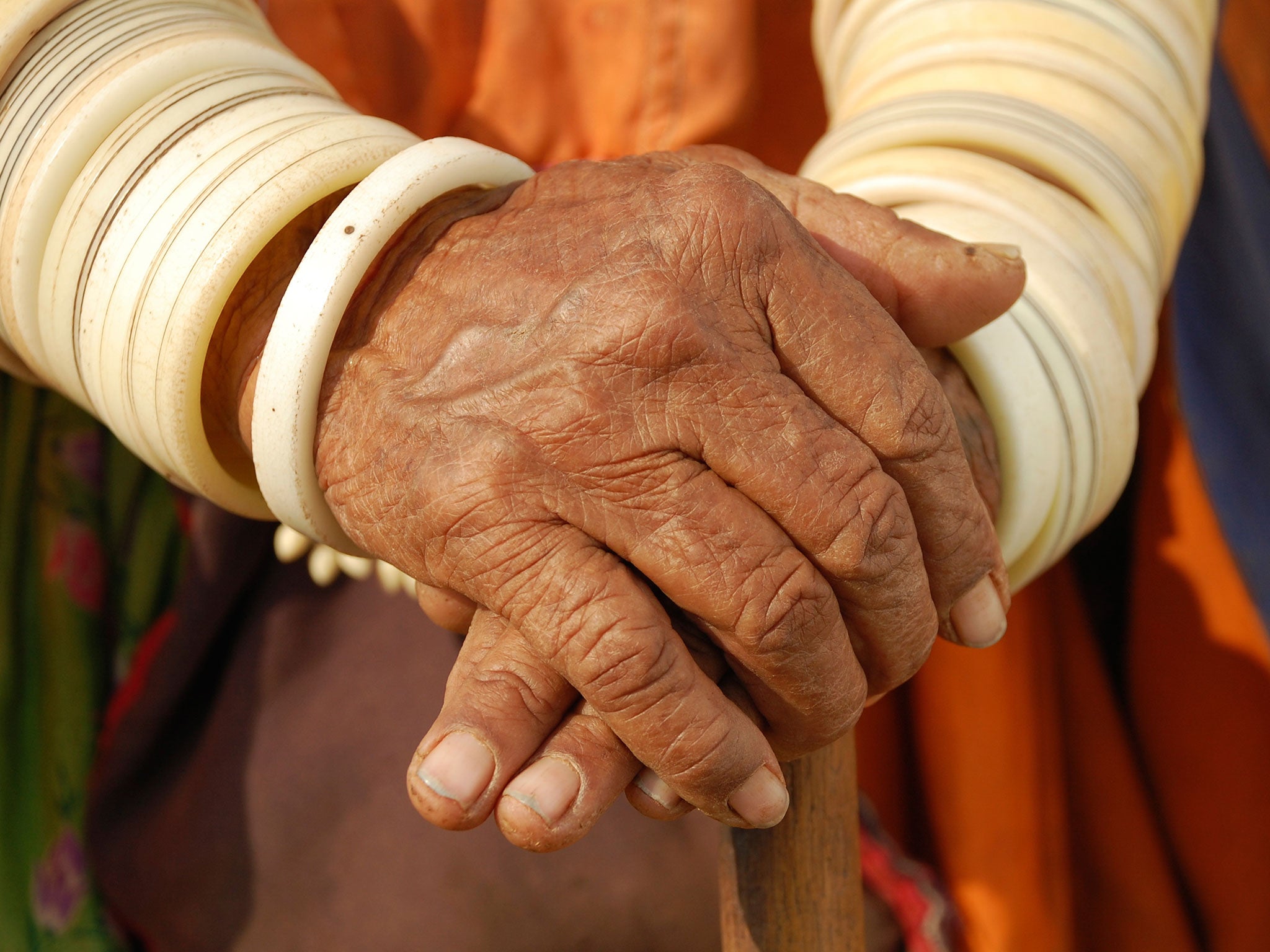Ageing skin may become a thing of the past as scientists hail breakthrough in fight against wrinkles
Researchers found an enzyme that normally helps keep skin smooth stops working as people get older

Scientists have discovered why skin starts to get wrinkly as we get older – and claim it could lead to a new range of anti-ageing creams that actually work.
The breakthrough came after Newcastle University researchers found an enzyme that normally helps keep skin smooth stops working as people get older, The Daily Telegraph reported.
They believe the discovery could be used to help reduce the effects of ageing on skin and also other parts of the body.
Professor Mark Birch-Machin, a molecular dermatologist who led the study, said: “As our bodies age we see that the batteries in our cells run down, known as decreased bio-energy, and harmful free radicals increase.
“This process is easily seen in our skin as increased fine lines, wrinkles and sagging appears. You know the story -- or at least your mirror does first thing in the morning.
“Our research means that we now have a specific biomarker, or a target, for developing and screening anti-ageing treatments and cosmetic creams that may counter this decline in bio-energy.
“There is now a possibility of finding anti-ageing treatments which can be tailored to differently aged and differently pigmented skin, and with the additional possibility to address the ageing process elsewhere in our bodies.”

The researchers’ findings, based on skin samples taken from 27 donors aged from six to 72, were published in the Journal of Investigative Dermatology.
Join our commenting forum
Join thought-provoking conversations, follow other Independent readers and see their replies
Comments
Bookmark popover
Removed from bookmarks